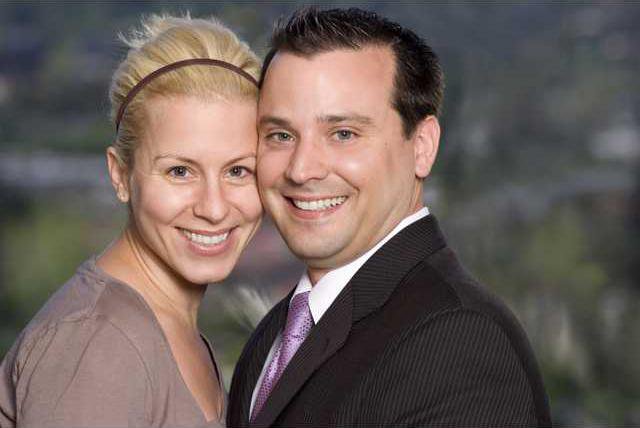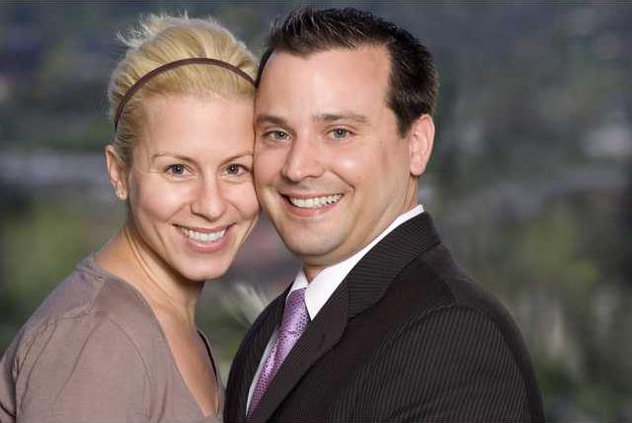Ask women what they're looking for in a potential spouse and a top answer is "employed." Now the Pew Research Center has crunched data gathered for a recent report to discover the best — and the worst — big cities to find single men ages 25 to 34 who also have jobs.
The report includes an interactive map.
In a blog report, Pew research associate and study author Wendy Wang noted that nearly 40 percent of never-married women who would like to wed list a steady job as a very important attribute in someone they would marry. Single young men did not emphasize employment of prospective future brides to the same degree.
Finding single young men who have jobs proves to be surprisingly challenging overall, according to the data, which is based on census figures. While young single men outnumber young single women nationally, that changes dramatically when the field is narrowed to young men gainfully employed. There are 100 single women in the young adult category for every 84 employed single men.
Wang highlights Orlando, Florida, to make the point that employment changes the picture. Its metro area has 128 single young men to every 100 single young women, which would seem to make it an attractive place to look for a mate. But it becomes less inviting if one wants to woo a fellow who has a job, because the number of single young men who fit that bill drops to 90 per 100 women.
There's great variation in the percentage of young adults who are single in a given metro area. In Salt Lake City, for example, it's 49 percent, while in the Los Angeles area, two-thirds of young adults are single.
Capstone
Demographers, sociologists and others have for some time pointed out how marriage has been changing in America, from reports that show couples are waiting longer to get married to a well-documented discussion of a marriage divide along income and education lines.
"Most Americans have a very pro-marriage attitude towards families already," Andrew Cherlin, sociologist at Johns Hopkins University and author of "The Marriage-Go-Round," told the Deseret News recently. "Most would like to marry and believe that's the best way to have children."
But the economic situation, particularly the fact there are too few living-wage jobs for less-educated and less-skilled young men, has proven to be a damper on marriage, he noted.
Couples increasingly approach marriage as something to be undertaken when a couple's financial house is in order, instead of as a launch pad. It's a point Cherlin emphasized for the New York Times in anopinion piece last year.
"Today, marriage is more discretionary than ever, and also more distinctive. It is something young adults do after they and their live-in partners have good jobs and a nice apartment. It has become the capstone experience of personal life — the last brick put in place after everything else is set," he wrote. "People marry to show their family and friends how well their lives are going, even if deep down they are unsure whether their partnership will last a lifetime."
The data
According to Pew, there's great variation from one community to the next, even within relatively short distances. Pittsburgh, for instance, made the "best" list of places to look for a young, employed, single male. About 300 miles east, Philadelphia made the "worst" list.
While the recent Pew report that spawned this deeper dive into the numbers was about never-marrieds, the look at the best and worst cities to find a young husband considers both never-marrieds and those who have divorced. It's based solely on marital status, age and employment.
"The local marriage market matters a lot," said Wang, "because people tend to find their marriage partners in local areas."
Young woman seeking a spouse who has a job might want to head to San Jose, California, according to Pew, because there are 114 single men who have jobs for every 100 single woman in the young-adult age bracket they studied. The only other large metro area that topped even-odds was the broader Denver area, with 101:100.
The worst area on the list is Memphis, Tennessee, where only 59 employed single young men live for every 100 single women. But Wang also pointed out that what's bad news for the females can be good news for the males. Marriage-minded men who are young and employed in those "worst" communities will face less competition and have more females from whom to try to find a spouse.
Besides looking at the largest 43 metro areas, each with populations over 100,000, Pew created an interactive map of more than 250 communities with a population of at least 50,000 people. Consistent numbers were not available for all cities that size or larger, but Wang said they included every one for which they could get the data. The country's 43 big metro areas captured 57 percent of all young adults in the United States, Wang said.
Email: lois@deseretnews.com, Twitter: Loisco








